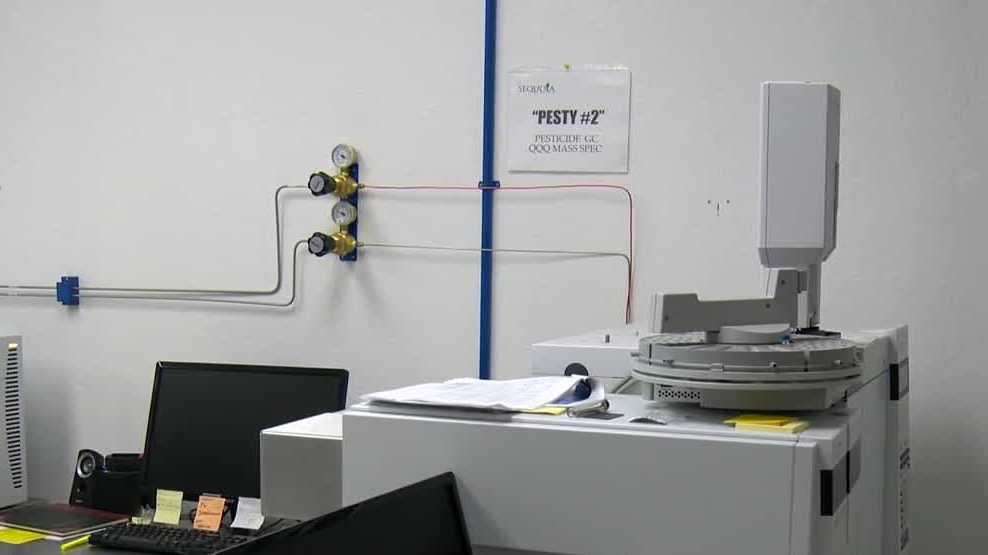Rehired After Layoff: Navigating The Offer And Decision

Table of Contents
Evaluating the Job Offer After Layoff
Before accepting a job offer after a layoff, thoroughly assess all aspects of the position. Don't let the familiarity cloud your judgment. Take your time to thoughtfully review the offer.
Salary and Benefits
Assess if the salary and benefits package are comparable to or better than your previous compensation, considering market changes since your layoff. Inflation and market trends impact compensation, so ensure you're receiving a fair offer.
- Compare the offered salary to industry standards for similar roles. Use online resources like Glassdoor, Salary.com, and Payscale to benchmark your compensation.
- Carefully review health insurance, retirement plan contributions, and other benefits. Look for any changes in coverage, premiums, or contribution rates.
- Consider any changes to vacation time or other perks. Have these changed since your previous employment? Are they competitive?
Job Responsibilities and Role
Determine if the role aligns with your career goals. Has the job description changed significantly since your layoff? Has the role evolved in ways that excite or concern you?
- Review the job description carefully. Are there any significant changes? Look for added or removed responsibilities. Are these changes positive or negative for your career trajectory?
- Consider whether you are comfortable with the increased or decreased responsibilities. Be honest with yourself about your capabilities and workload capacity.
- Reflect on whether this role will help you develop new skills or advance your career. Does it offer opportunities for growth and advancement within the company?
Company Culture and Leadership
Evaluate if the company culture and leadership have changed since your layoff, especially if the layoff was handled poorly. The work environment and leadership style can significantly impact job satisfaction.
- Talk to former colleagues to understand the current atmosphere. Get firsthand insights into changes in management style, team dynamics, and overall morale.
- Research any recent company news or announcements. Look for any negative press, restructuring, or significant changes that could impact your role or the company's stability.
- Assess if there’s a clear vision and future for the company. A company with a strong vision and future-oriented strategy is more likely to provide long-term job security.
Considering Your Personal Circumstances After a Layoff
Returning to your previous employer involves more than just the job offer itself. Your personal circumstances and career aspirations need careful consideration.
Financial Needs and Stability
Analyze your current financial situation and how the offer impacts your immediate and long-term financial stability. This includes your severance package, savings, and expenses.
- Calculate your current monthly expenses and compare to the offered salary. Can you comfortably meet your financial obligations with the new salary?
- Assess your emergency fund and savings. Do you have sufficient savings to cover unexpected expenses?
- Factor in any outstanding debts or financial obligations. Consider how the new salary will impact your ability to manage your debts.
Career Goals and Long-Term Prospects
Reflect on your career aspirations and determine if accepting the offer aligns with your long-term goals. Does this offer a pathway to your ideal career? Or is it merely a temporary solution?
- Identify your short-term and long-term career objectives. Where do you see yourself in 5 years, 10 years? Does this position align with that vision?
- Evaluate the opportunities for professional development within the company. Does the company offer training, mentorship programs, or opportunities for advancement?
- Consider if this role is a stepping stone to a better opportunity. Is it a strategic move in your career progression, or a sideways move?
Emotional Well-being and Work-Life Balance
Consider the emotional impact of returning to your previous workplace. How was your previous experience? Did you enjoy the work-life balance?
- Reflect on your experience during your previous tenure. Were you happy with the work environment, your colleagues, and your manager?
- Consider the potential stress of returning to a familiar environment. Remember why you might have left in the first place (if applicable).
- Assess your work-life balance needs and if the role can accommodate them. Has the company made any changes to support employee well-being?
Negotiating Your Rehire Offer
Don't be afraid to negotiate – you deserve fair compensation for your skills and experience, especially after a layoff. Negotiation is a sign of confidence.
Salary Negotiation
If you feel the salary is too low, explore the possibility of negotiating a higher salary, citing market rates and your experience.
- Research industry salary benchmarks for your role and experience level. Use reputable salary websites to support your negotiation.
- Be prepared to justify your requested salary increase. Clearly articulate the value you bring to the company.
- Understand your bottom line and be prepared to walk away if your needs aren't met. Know your worth and don't settle for less than you deserve.
Benefits Negotiation
Negotiate for improved benefits if the initial offer doesn't meet your expectations. Don't undervalue the significance of benefits.
- Identify areas where benefits could be enhanced (e.g., vacation time, professional development budget). Focus on benefits that are important to you.
- Present your negotiation points clearly and professionally. Be assertive but respectful.
- Be prepared to compromise. Negotiation is a two-way street.
Conclusion
Being rehired after a layoff requires careful consideration. Evaluating the job offer, understanding your personal circumstances, and potentially negotiating a better deal are all crucial steps. Weigh the pros and cons, prioritize your long-term career goals, and make a decision that aligns with your overall well-being. Don't rush the process; take time to reflect and make an informed choice about your future. If you are facing the decision of whether to accept a job offer after a layoff, remember to carefully consider all aspects before making your final decision. Make a plan to confidently navigate the complexities of being rehired after a layoff.

Featured Posts
-
 Mississippi Deltas Immense Scale A Cinematographers Perspective From Sinners
Apr 26, 2025
Mississippi Deltas Immense Scale A Cinematographers Perspective From Sinners
Apr 26, 2025 -
 The Future Of Ukraine And Nato Understanding Trumps Position
Apr 26, 2025
The Future Of Ukraine And Nato Understanding Trumps Position
Apr 26, 2025 -
 T Mobile Data Breaches Result In 16 Million Fine
Apr 26, 2025
T Mobile Data Breaches Result In 16 Million Fine
Apr 26, 2025 -
 Covid 19 Test Fraud Lab Owner Admits To Falsifying Results
Apr 26, 2025
Covid 19 Test Fraud Lab Owner Admits To Falsifying Results
Apr 26, 2025 -
 Trump Administrations Influence On European Ai Regulations
Apr 26, 2025
Trump Administrations Influence On European Ai Regulations
Apr 26, 2025
